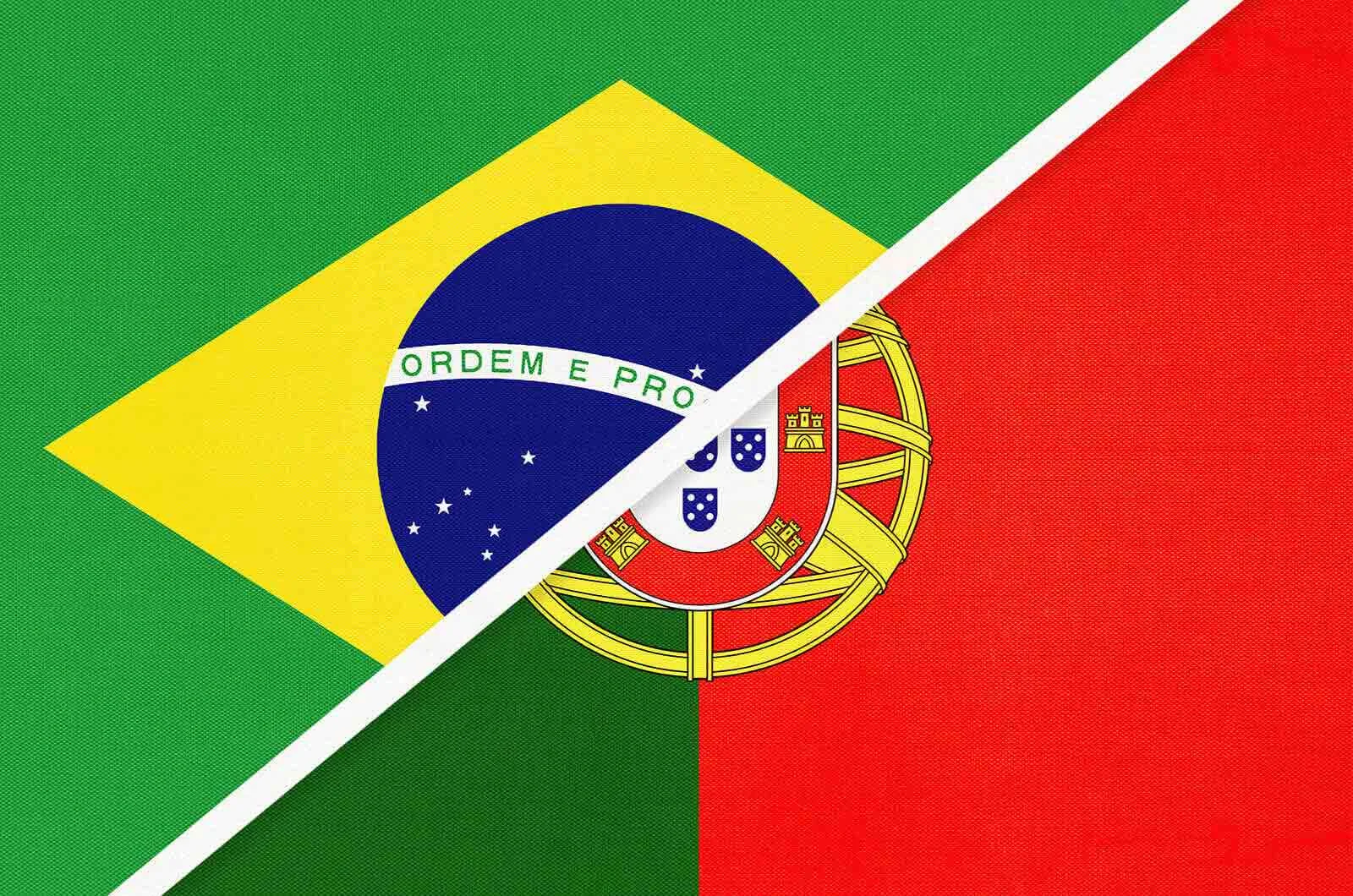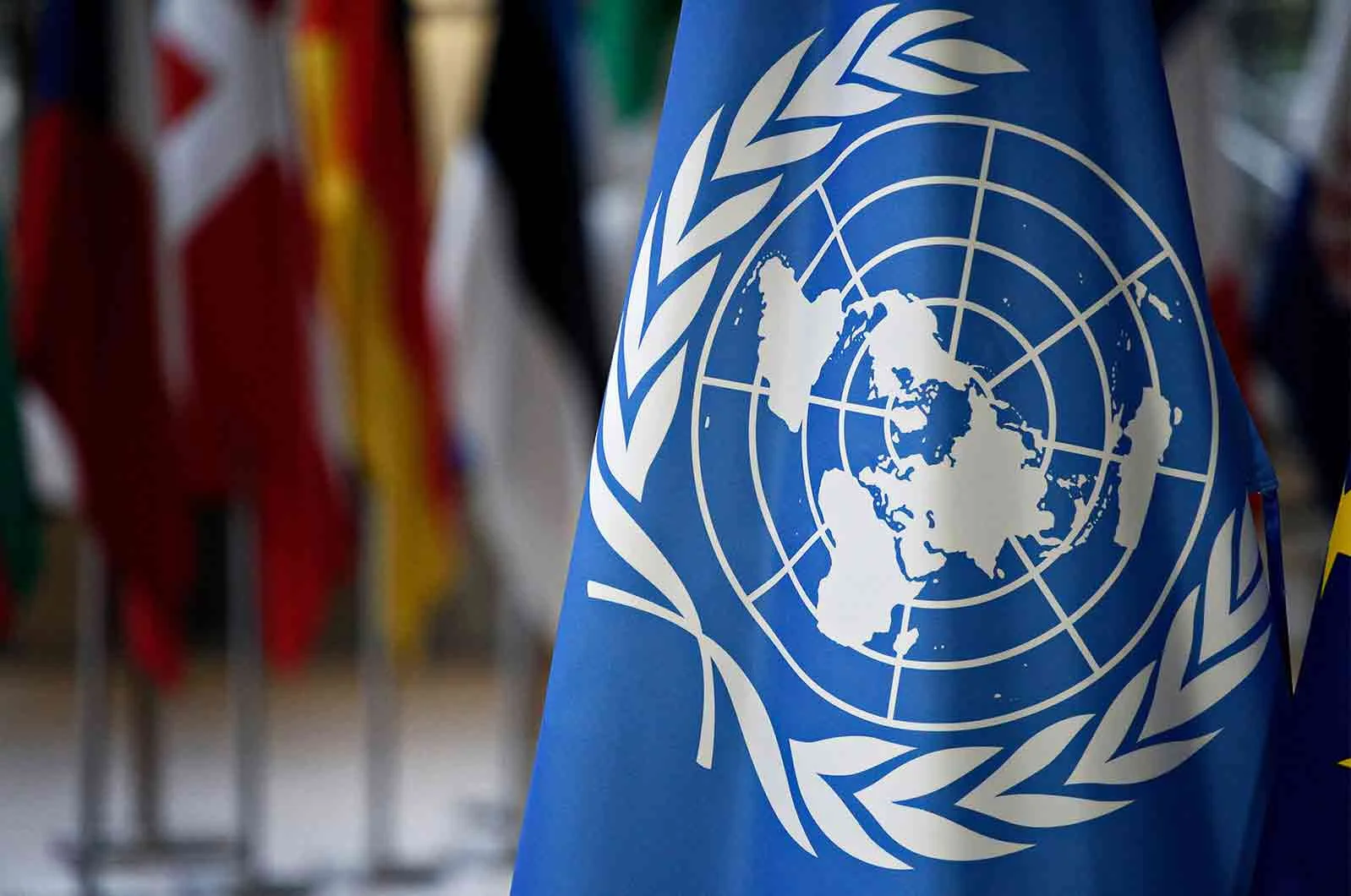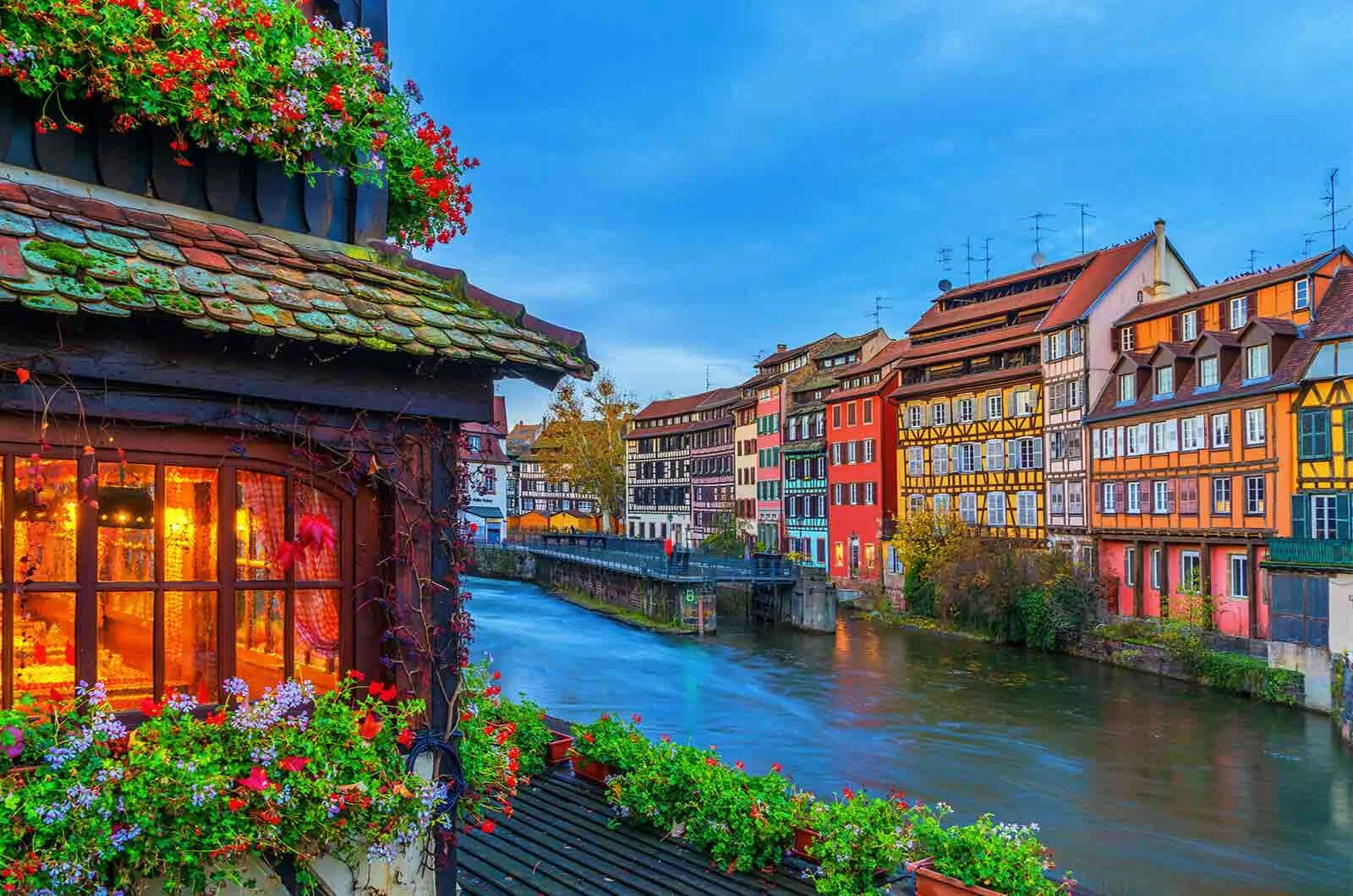
Read More
The Portuguese language is the sixth most spoken language worldwide! However, not all spoken Portuguese is the same. There are two primary variations of the language: Brazilian Portuguese and European Portuguese (spoken primarily in Portugal). The Brazil language and the Portugal language have several differences that must be understood by anyone needing a Portuguese translation.
In this article, you will discover the main differences and similarities between European Portuguese and Brazilian Portuguese. We also offer advice if you’re looking for professional Portuguese translation services to ensure you receive accurate and high-quality results.
Differences in Portuguese Accents & Pronunciation
Although both European Portuguese and Brazilian Portuguese use the same vocabulary and grammatical rules, cultures and traditions helped to create nuances of accents and pronunciations for this language. Therefore, the Brazil language and the Portugal language variants sound different. In fact, accents and pronunciation are the main discrepancies between the two dialects.
The Portuguese language spoken by Brazilians is considered easier to learn and understand, and many agree that Brazilian Portuguese creates a more pleasant sound. On the other hand, European Portuguese sounds less understandable to new learners. The nuances of the language often require the help of Portuguese translation services, especially for those needing translations for professional use in the business world.
Despite these differences, Brazilian and European Portuguese speakers can communicate and understand each other well; the languages are “mutually intelligible”. But this doesn’t mean you translate the same thing for both audiences! Audiences always respond better when you translate using their version of the language, considering their accents, regional variants, and cultural preferences.
Translations into Brazilian and European Portuguese
If you need professional English to Portuguese translation, it is advisable to appoint a professional translation agency. Translating to Brazilian and European Portuguese could be tricky and requires much experience with the language. The spelling of the words is entirely different to the English vocabulary, and the same applies to the pronunciation of some vowels and consonants.
Moreover, hiring a Portuguese translation agency is even more beneficial if you do not know the context and culture. Translators understand the nuances of the Brazil language and the Portugal language, helping ensure you use the right words, phrases, accents, and pronunciation for your target customers.
Reasons for Portuguese Translation Services
You might need to translate into Brazilian or European Portuguese for many reasons. Are you creating a new website for people that speak the Portuguese language? Do you need to develop a great marketing strategy for your worldwide business? Are you a company that frequently works with a business partner that speaks the Portuguese language?
Whether you need a translation from English to Portuguese or vice versa, it is always essential to consider precisely where you want to sell and expand your business. As mentioned above, the Portugal language and the Brazil language variants are distinct, and each has its nuances derived from different histories and cultures.
Choosing the right Portuguese translation agency helps create spot-on content. This is especially true if your content is adapted for consumers based in Portugal, Brazil or both. Surprisingly, a website in Portuguese won’t be the same for these countries. Words, idioms and grammar will be adjusted to reach consumers in Brazil and Europe, which professional translation services can ensure.
European Portuguese or Brazilian Portuguese
As discussed above, there are many differences between European Portuguese and Brazilian Portuguese. Choosing the variant of the language depends on many factors, such as future aspirations, goals, and personal decisions.
For example, suppose your business is based in North America. In that case, you might prefer to focus on the Brazil language variant to target customers in South America or those that have immigrated to the US. On the other hand, if you’re looking to expand business across Europe, then the Portugal language variant is preferred.
Whether you want to create a strong marketing strategy, translate a book, or make a Portuguese website, a professional Portuguese translation agency can help you make the right language choice based on your target audience. There are many professional translation agencies with professional translators translating content for the right market.
Portuguese Localisation vs Translation
If your goal is to create content for your consumers worldwide, choosing the right Portuguese translation agency to work with is essential. Portuguese translation services are fundamental tools for improving a marketing strategy for any business. Your translator can help you decide between the Brazil language and Portugal language variants to create the most impact.
Although machine translation is available online for free, human translation is natural and creative. Creative translation is more effective and eye-catching. Focusing on the customers’ needs is always the main objective of a business. The same is the ability to deliver emotions with words, such as poems, books and articles.
Reputable translation agencies also offer professional localisation services. Localisation is the process of translation that also considers the culture and traditions of a country. It is necessary when translating the Portuguese language because it always considers the nuances of cultures and traditions, whether you’re translating to Brazilian or European Portuguese.
Our Professional Portuguese Translation Services
The Portugal language and the Brazil language – while both variants of Portuguese – are defined by different cultures and traditions. Brazilian and European Portuguese has differences in accents and pronunciation. It is always fascinating to understand how history, culture, and traditions contribute to creating many nuances of the same language.
When you translate to Portuguese, choosing the correct version of the language is crucial for success in your new market. Moreover, choosing the right Portuguese translation services will help to create words designed for your customers with guaranteed accuracy and precision.
Renaissance Translations has a network of over 5000 professional translators, and we are members of the Association of Translation Companies in England. Our agency can offer high-quality translation at very competitive rates, regardless of whether you require a Brazilian or European Portuguese translation. Get in touch with our team to discuss your project today!





